Insights, Analysis and more
Feed your brain! Discover some mind-blowing facts and figures about dropshipping, ecommerce, digital marketing, social media and beyond.



Feed your brain! Discover some mind-blowing facts and figures about dropshipping, ecommerce, digital marketing, social media and beyond.




Germany is home to some of the most influential companies in the world, and their impact stretches far beyond the country’s borders. From automotive giants like Mercedes-Benz to tech innovators like SAP, these businesses have shaped industries and set global trends. But what exactly makes these companies stand out? It's not just about their massive revenues or market share—it's their ability to adapt, innovate, and lead in an ever-changing world.
In this article, we’re diving into the top German companies that continue to make waves in various sectors. Whether you’re curious about how these companies maintain their global dominance or looking for inspiration in business practices, we’ve got you covered. Let’s take a closer look at what makes these companies not just successful, but world-renowned.
Germany’s companies are some of the most influential in the world, and their continued success doesn’t come by accident. What sets them apart from their global competitors is a combination of factors that go beyond just revenue and market share. These companies have earned their place at the top through innovation, a strong work ethic, and a commitment to sustainability.
One key reason why these companies dominate industries is their focus on technological innovation. Whether it's revolutionizing the automotive industry with electric vehicles or leading in digital transformation with enterprise software, German companies are constantly adapting to the fast-evolving business landscape. Companies like Volkswagen and BMW are not only known for their high-quality vehicles but also for their shift towards sustainable mobility, offering electric cars and hybrid models as part of their commitment to reducing their carbon footprint.
Another factor contributing to their leadership is investment in research and development (R&D). German companies place significant emphasis on innovation and technological advancements, ensuring they stay ahead of the curve. Siemens, for instance, leads in automation and digitalization, providing solutions that shape smart cities and the future of manufacturing. Through continued investment in R&D, German companies are able to bring cutting-edge technologies to market, positioning themselves as pioneers in various industries.
Furthermore, Germany’s business culture fosters long-term sustainability. Companies like Allianz and Bayer are committed to reducing their environmental impact and addressing global challenges such as climate change and healthcare. Whether it's through green energy initiatives or advancements in biotechnology, these companies prioritize sustainability, not just for environmental reasons but also as part of their corporate responsibility.
Lastly, the strong global presence of German companies cannot be overlooked. These businesses have firmly planted themselves in international markets, whether it's through subsidiaries, joint ventures, or exports. Germany’s top companies are not just leaders in their home country—they wield significant influence worldwide. Deutsche Bank, for example, has a vast international network, while SAP dominates the enterprise software market globally, serving businesses in every corner of the world.
Germany’s economy is shaped by its most powerful companies, each contributing to the country’s global standing. From luxury cars to cutting-edge tech solutions, these companies continue to redefine industries. Let’s take a closer look at the giants leading the charge in 2025.
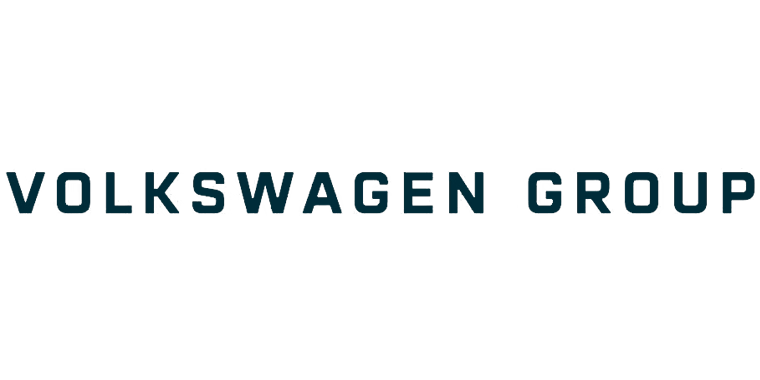
Volkswagen is not just one of the top German companies—it’s one of the largest car manufacturers in the world. Known for its broad portfolio of brands, including Volkswagen, Audi, and Porsche, the company continues to lead the charge in the global automotive market. With a strong focus on sustainability, Volkswagen is investing heavily in electric vehicles (EVs), with models like the ID.4 taking the brand into the future of mobility. Despite recent challenges, Volkswagen’s global market reach and strong revenue growth help it maintain its position at the top.
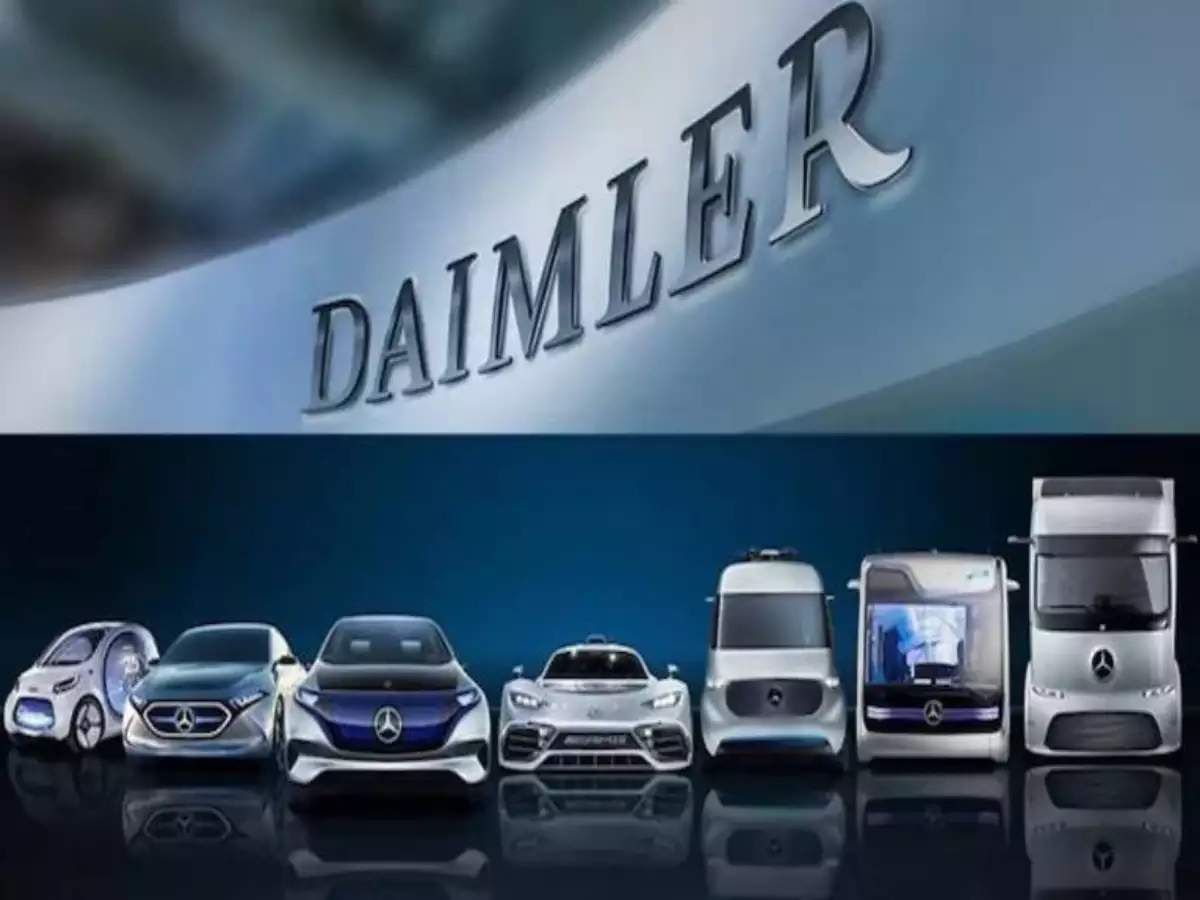
Daimler AG is synonymous with luxury and performance, and its flagship brand, Mercedes-Benz, remains one of the most recognized names in the automotive industry. The company is renowned for producing high-performance vehicles and has been a leader in automotive innovation. As the demand for electric vehicles (EVs) grows, Daimler is also shifting toward sustainability with its EQ range of electric cars. Daimler’s commitment to technology, quality, and innovation secures its place as one of Germany's top companies.
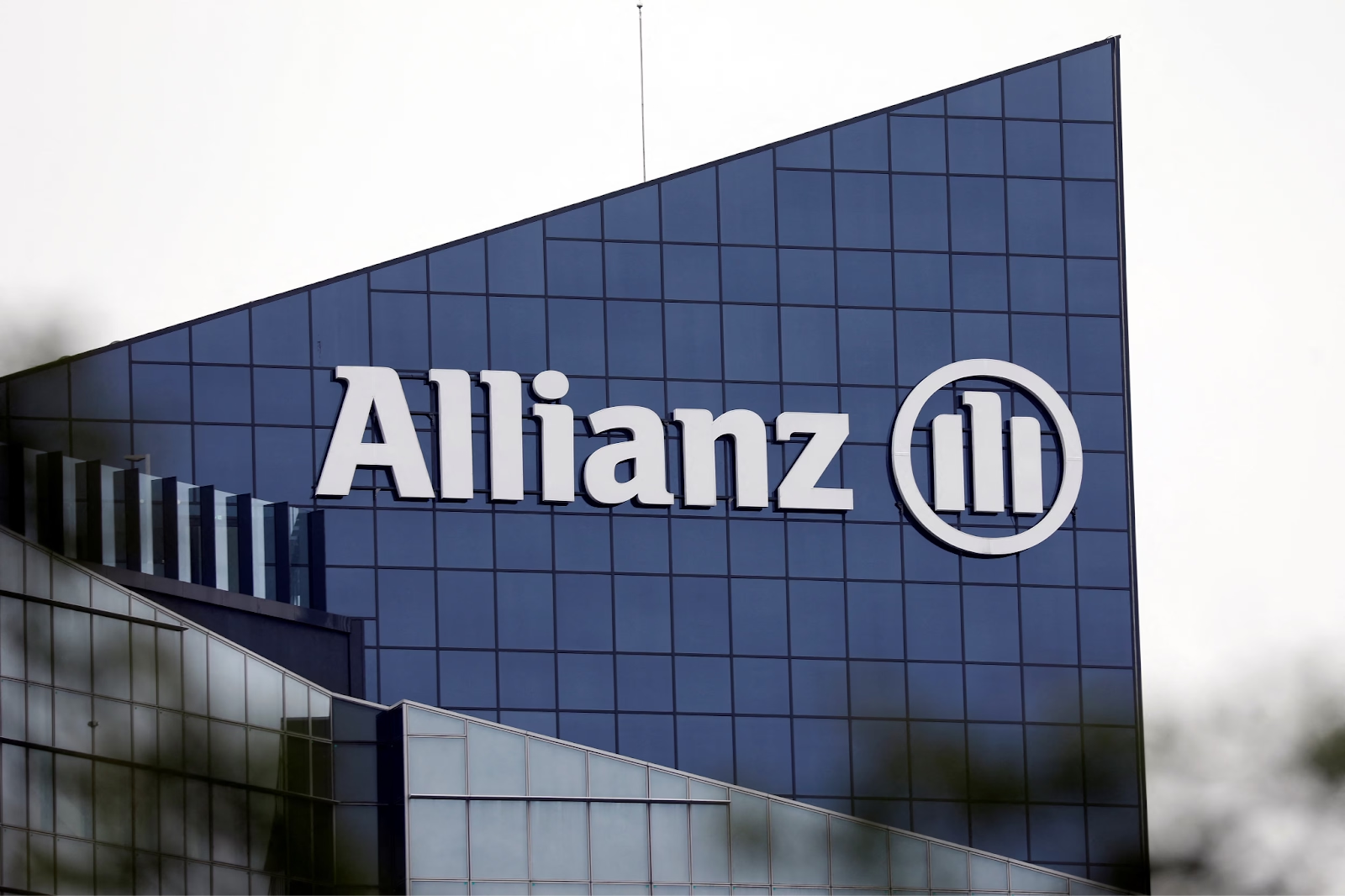
Allianz Group stands tall as one of the world’s largest financial services providers. Specializing in insurance and asset management, Allianz has a diversified portfolio that serves global markets. The company has long been a leader in the insurance sector, offering a wide range of services, including life, health, and property insurance. Its global presence and strong financial foundation allow Allianz to weather financial storms while maintaining a competitive edge in the evolving financial landscape.

SAP is the world’s leading provider of enterprise resource planning (ERP) software. Its innovative software solutions help businesses optimize their operations, streamline processes, and make data-driven decisions. SAP’s cloud-based solutions have helped thousands of companies across the globe integrate digital transformation into their business models. With its strong focus on artificial intelligence, automation, and analytics, SAP continues to be a key player in the software industry.
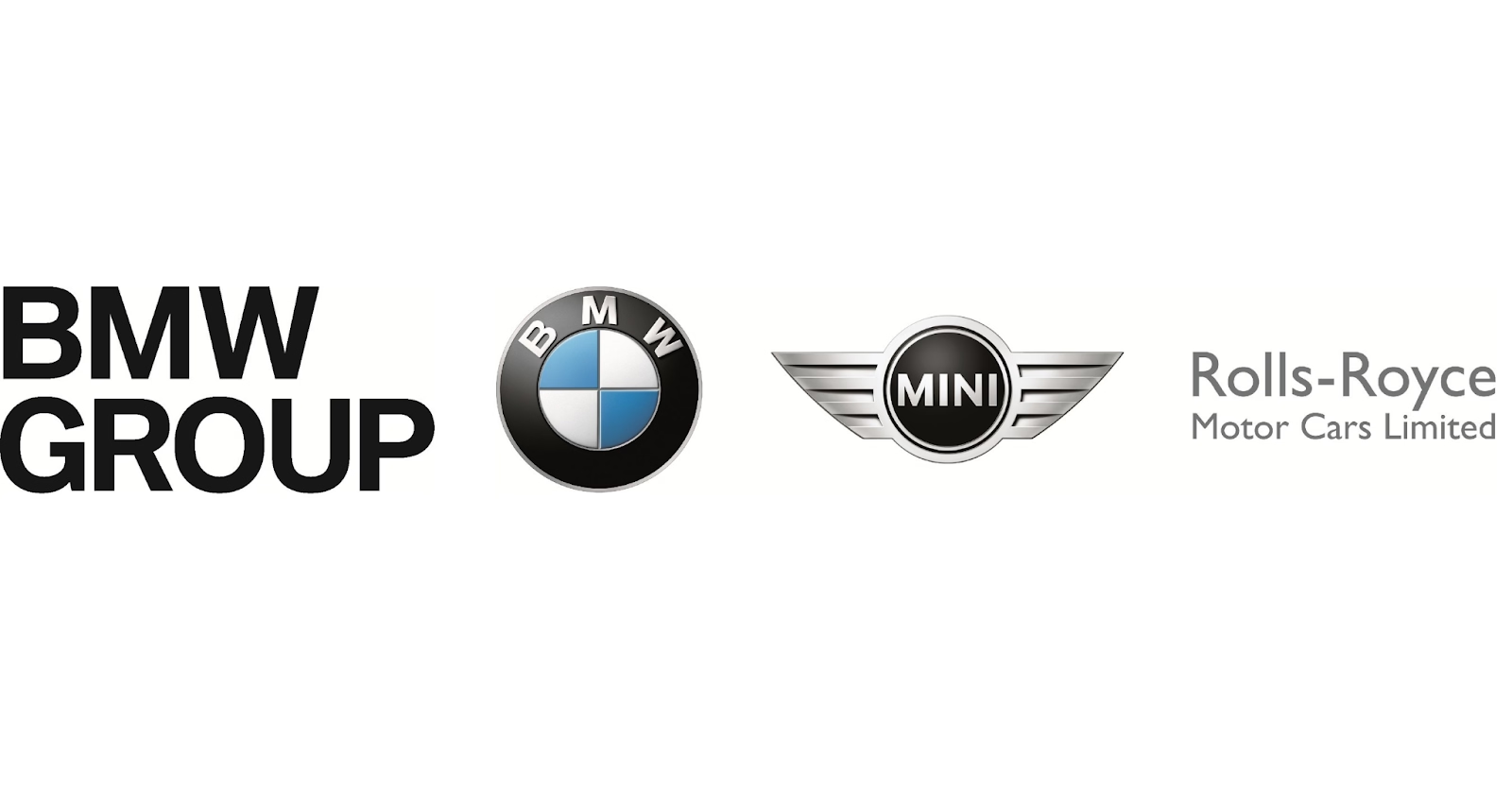
BMW is synonymous with luxury, precision engineering, and high performance. The company has earned its reputation through years of delivering world-class vehicles that offer an exceptional driving experience. As the automotive industry shifts toward electric mobility, BMW is embracing this change with models like the BMW i4. The company’s focus on sustainable practices and cutting-edge technology positions it as a leader in the luxury vehicle market.
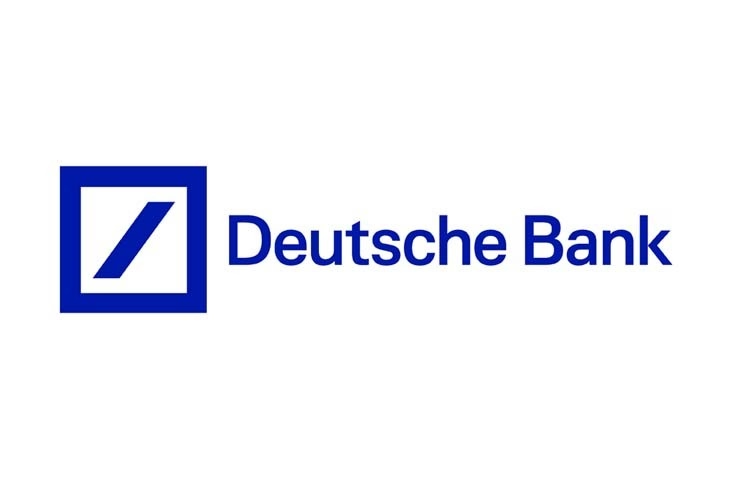
Deutsche Bank is a significant player in the global financial sector. With a diverse range of services, including investment banking, asset management, and private banking, Deutsche Bank serves clients around the world. Despite recent restructuring efforts, the bank remains crucial to the global financial system. Deutsche Bank is also focusing on digital banking initiatives, ensuring it stays ahead of the curve in an increasingly tech-driven financial landscape.
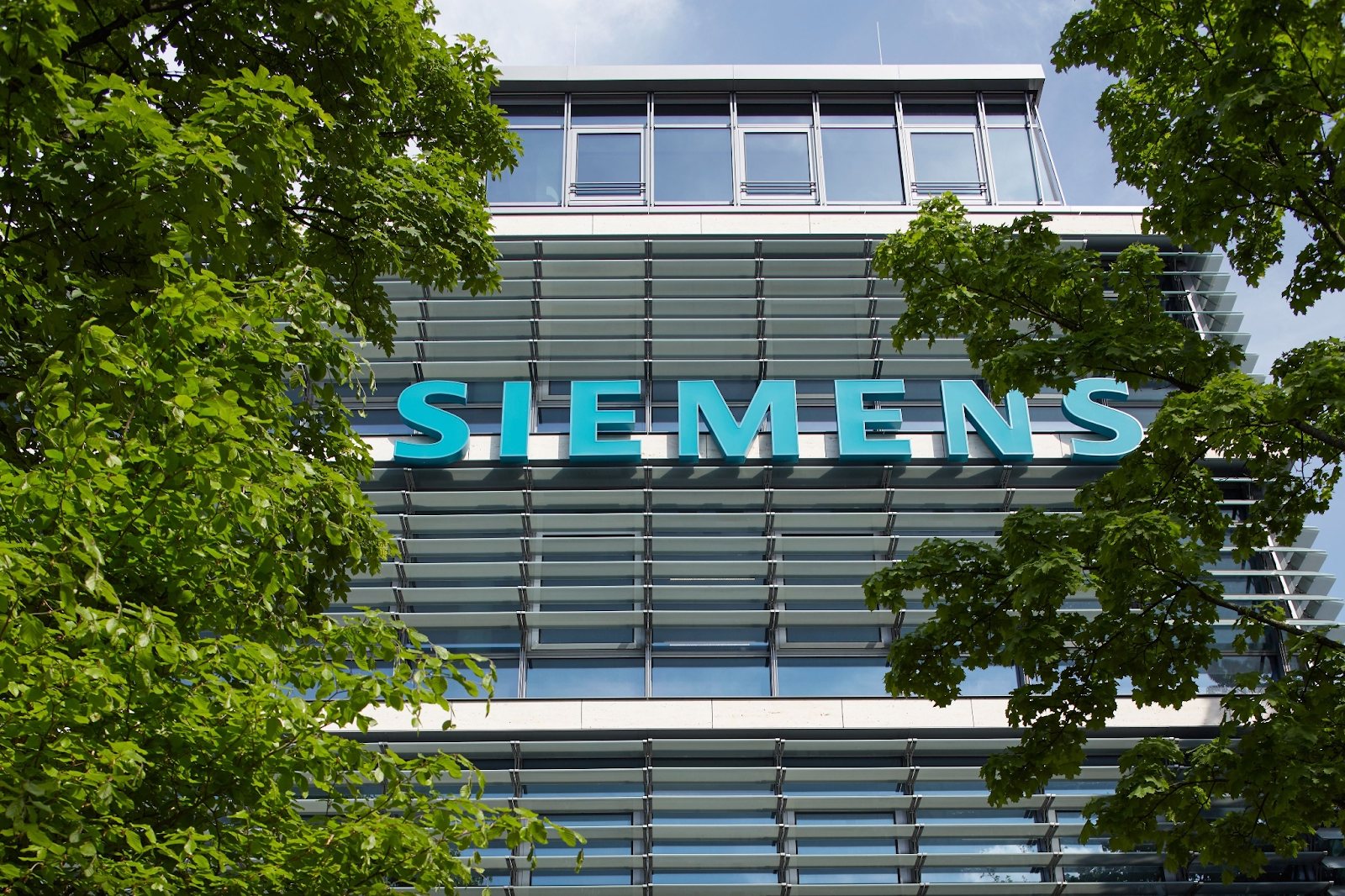
Siemens AG is one of the most diversified and influential companies in Germany, leading in industrial technology, healthcare, and automation. The company is revolutionizing industries by integrating advanced technologies like artificial intelligence, machine learning, and IoT into manufacturing processes. Siemens is also at the forefront of smart city development, providing innovative solutions for energy-efficient infrastructure. The company’s long-standing commitment to innovation keeps it ahead of the curve in a fast-changing tech world.
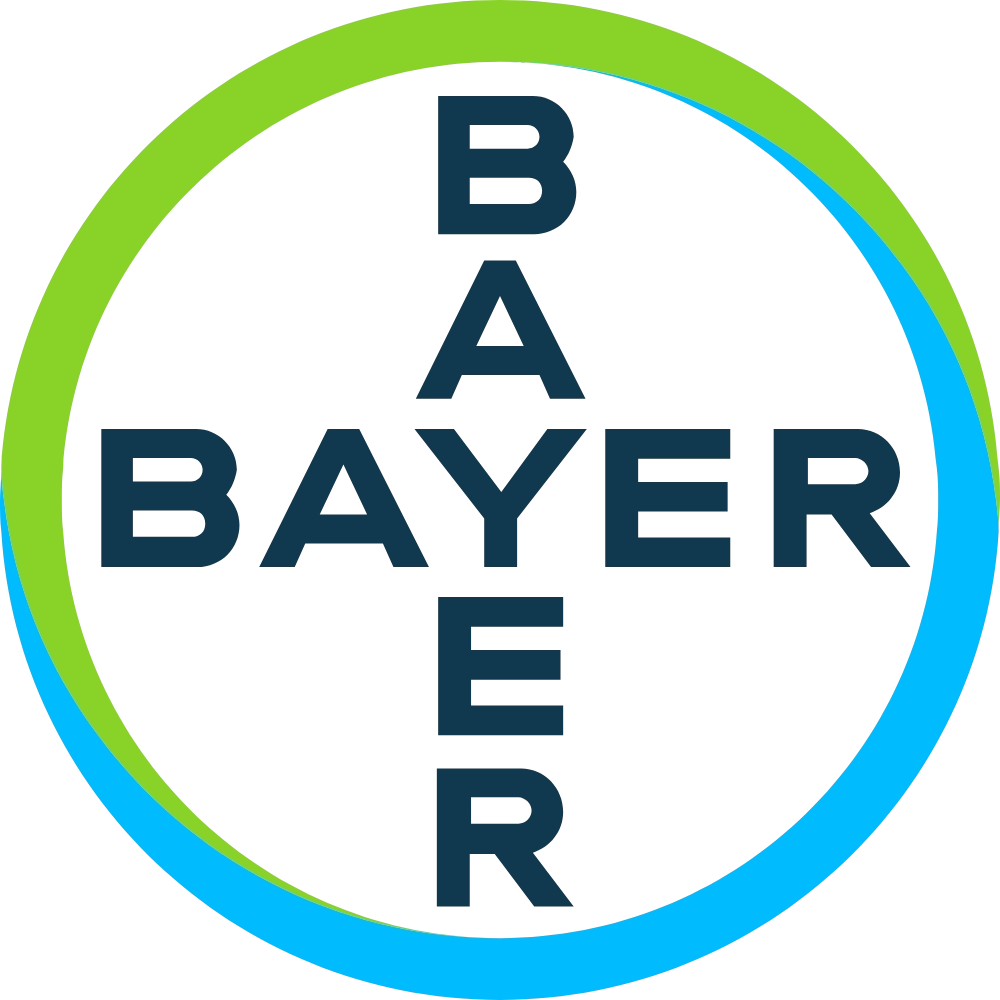
Bayer is one of the leading global players in healthcare and life sciences. Its diverse portfolio spans pharmaceuticals, agricultural products, and consumer health. Bayer is committed to improving global health, and its innovations in gene therapy and crop protection are critical in tackling challenges like food security and disease prevention. Bayer’s efforts in biotechnology and sustainable agriculture are helping the company make a lasting impact on the world.

BASF is one of the largest chemical companies in the world, producing everything from plastics and agricultural solutions to industrial chemicals. The company plays a crucial role in industries such as automotive, agriculture, and construction, providing innovative solutions that drive sustainability and improve productivity. With a focus on innovation, BASF is committed to reducing its environmental impact and developing new technologies to meet the challenges of the future.
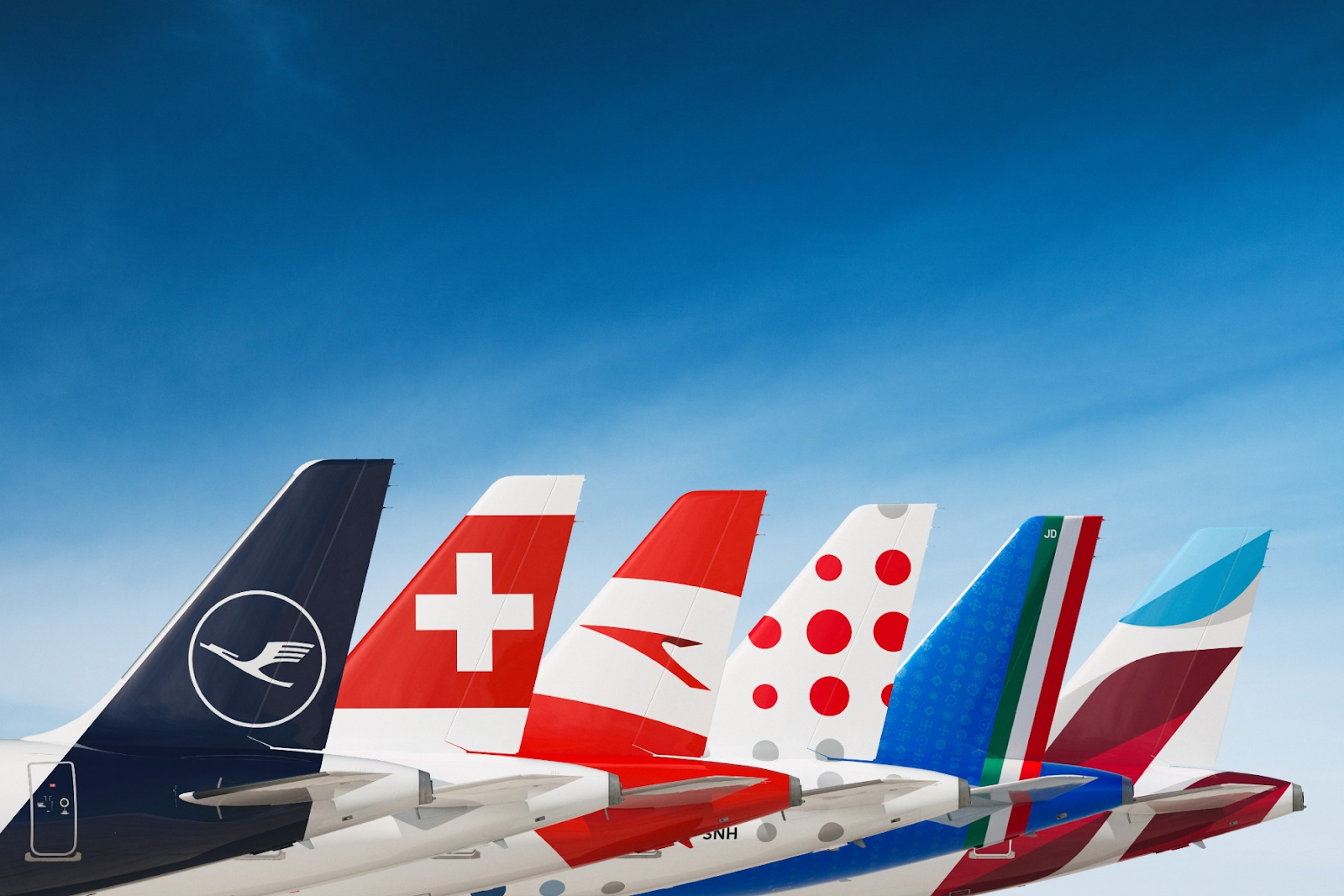
Lufthansa Group is Germany’s flagship airline group, encompassing some of the most recognized names in aviation, including Lufthansa, Swiss International Air Lines, and Austrian Airlines. Despite challenges posed by global events like the pandemic, Lufthansa has maintained its position as a leading player in the aviation industry. The company has made significant investments in sustainability, including adopting more fuel-efficient aircraft and implementing carbon offset programs, as part of its commitment to reducing its environmental impact.
While Germany’s top companies have established themselves as leaders in their respective industries, the business world is ever-changing. As we look ahead, the most successful companies will be those that are able to adapt to evolving global trends, integrate emerging technologies, and meet the demands of a more conscious consumer.
One of the key areas that will shape the future of German companies is digital transformation. With the rise of AI, machine learning, and automation, companies like SAP and Siemens are already embracing these technologies to streamline operations, improve decision-making, and increase efficiency. For these businesses, staying ahead of the technological curve is essential not only to retain their competitive edge but also to meet the growing demand for smarter, more connected solutions.
Another critical factor will be sustainability and corporate responsibility. The global shift towards greener practices is pushing companies to re-evaluate their operations and supply chains. For instance, Volkswagen and BMW have already made significant strides in their move toward electric vehicles, aiming to reduce carbon emissions and contribute to a cleaner planet. As environmental awareness grows, more companies will be expected to follow suit, making sustainability a central part of their business models.
Additionally, the COVID-19 pandemic has accelerated the need for remote work solutions and flexible business practices. This shift has made companies rethink how they approach employee welfare, work culture, and operational efficiency. Many German companies are already leading the way by investing in digital infrastructure and providing flexible working conditions. This new era of work will shape how companies attract and retain talent, with a focus on work-life balance, innovation, and employee well-being.
Lastly, the global economic landscape will continue to evolve, and German companies will need to stay agile in an increasingly interconnected world. International expansion, new partnerships, and adaptation to regional market demands will be crucial. As the global economy becomes more complex, companies that maintain strong relationships with international partners while staying true to their core values will be best positioned for long-term success.
In summary, the future of Germany’s top companies is bright, but they must remain adaptable, innovative, and forward-thinking to continue leading the charge in a rapidly changing business environment.
Germany's top companies have not only defined the country's economy but have also made a profound impact on the global stage. From automotive innovators like Volkswagen and BMW to tech giants like SAP and Siemens, these companies continue to lead by example, embracing innovation, sustainability, and technological advancements. Their ability to adapt to changing market conditions and stay ahead of industry trends ensures that they remain at the forefront of their respective sectors.
As we look to the future, these companies will continue to evolve, facing new challenges and seizing new opportunities. Whether it’s driving the transition to electric mobility, pioneering digital transformation, or committing to greener practices, Germany’s leading companies are shaping the future of business in ways that will benefit not just Germany, but the world.
By understanding the strategies and success stories of these companies, we gain valuable insights into what it takes to succeed in today’s fast-paced, ever-changing business environment.